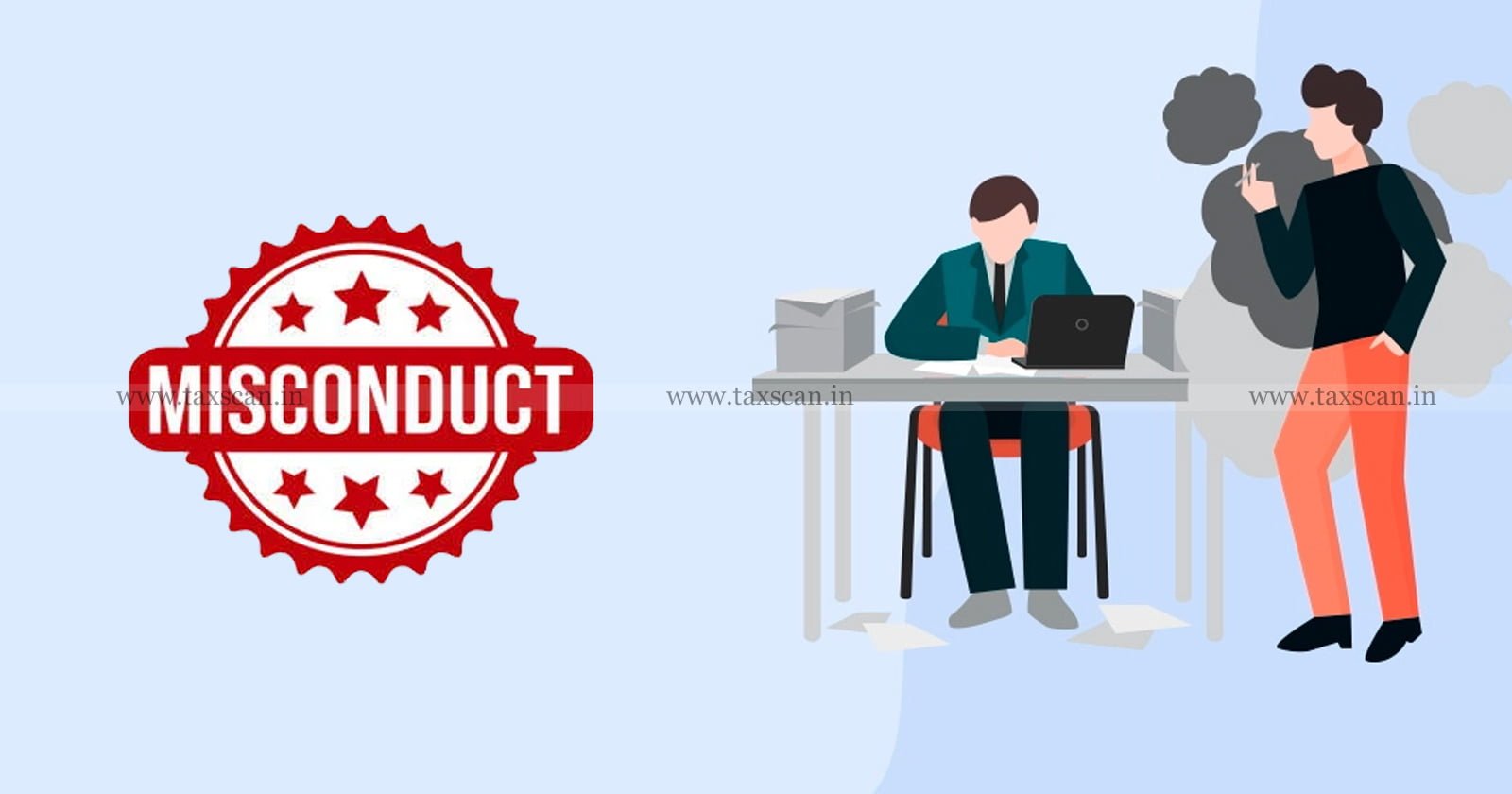NFRA can Check Pre-Formation Audit Misconducts, Superior than ICAI: NCLAT
The NCLAT ruled that the NFRA can investigate audit misconduct that occurred before its formation, and it also declared that the reporting authority is superior to the ICAI.

NFRA Check Pre-Formation Audit Misconducts – ICAI – NCLAT – TAXSCAN
NFRA Check Pre-Formation Audit Misconducts – ICAI – NCLAT – TAXSCAN
The Delhi bench of National Company Appellate Law Tribunal (NCLAT) has ruled that the National Financial Reporting Authority (NFRA) required the jurisdiction of retrospection to probe the audit misconducts.
The 4 appeals were filed by the Engagement Partners (EP) of Dewan Housing Finance Limited (DHFL) contesting the orders passed by the NFRA. All four Appellants are practising Chartered Accountants who joined the firm K. Varghese & Co. Chartered Accountants, which was assigned audit work of 17 Branches of DHFL, which in turn, assigned different sets of branch audit work to different EP’s.
The NFRA fined Rs. 1,00,000 and banned the Chartered Accountants for one year after confirming the occurrence of audit misconduct.
The major two issues identified by the NCLAT are:
- Role of NFRA V/s ICAI on disciplinary matters of Chartered Accountants.
- Retrospective V/s prospective applicability of provisions as contained in Section 132 of Companies Act, 2013 as well as NFRA Rules, 2018.
Regarding the first issue, the appellate tribunal observed that “NFRA has the power to investigate the professional misconduct of the auditors and the law states that, if NFRA starts investigating on any case, no other institution has the power to continue or initiate any proceeding against the same case. This reduces the power of ICAI to act against the professional wrongdoing of its members as stipulated in Section 132 of the Companies Act, 2013. Before the formation of NFRA, ICAI had the exclusive right to take any action against the professional misconduct of its auditors.”
Further the bench stated that upon reviewing the Chartered Accountant Act, 1949, and Companies Act, 2013, it's evident that both ICAI and NFRA share disciplinary authority over Chartered Accountants concurrently. However, a closer examination reveals that NFRA holds superior and overriding powers, particularly concerning professional misconduct under Section 132 of the Companies Act, 2013, as explained earlier.
Therefore, the bench of Rakesh Kumar Jain (Judicial Member) and Naresh Salecha (Technical Member) clarified that NFRA has intentionally and purposefully been granted greater authority than ICAI in the supervision of auditors and disciplinary issues, as outlined in Section 132 of the Companies Act, 2013.
Regarding the second issue, the bench noted that according to the Chartered Accountants Act, 1949, members of ICAI could face debarment for any duration, even for life, resulting in a lifelong punishment for erring Chartered Accountants. In contrast, NFRA has a limited ability to debar guilty Chartered Accountants or firms for a maximum of 10 years. This is clearly a less severe penalty compared to what ICAI can impose under the Chartered Accountants Act. Therefore, the appellants' argument about protection under Article 20 of the Constitution and cited judgments will not provide any relief to them.
The appellate tribunal stated that “Thus, after taking into consideration the background for forming NFRA, the judgment of the Apex Court, proven scams, need to restore shaken confidence of public and investors at large and prevent any adverse impact on Indian economy, we hold that NFRA has clear and required retrospective jurisdiction over the alleged offences by delinquent Chartered Accountants for period prior to formation of NFRA or prior to coming into effect relevant portion of Section 132 of Companies Act, 2013.”
To Read the full text of the Order CLICK HERE
Support our journalism by subscribing to Taxscan premium. Follow us on Telegram for quick updates


